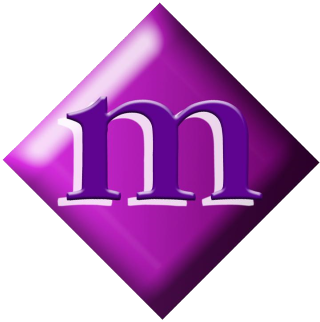Is Information A Personal and Professional Asset?
Information – is it a personal and professional asset? On the surface, a silly question. However, like most people, do you think information is available whenever you want it? That depends on what type of information you need and when you need it.
In today’s social media universe, anybody can make up information, publish on the Internet, and claim it to be legitimate. The issue of journalistic integrity is no longer the hallmark of truth as it once was.
Therefore, knowing how to distinguish between truth and falsehoods in a digital information universe is a critical skill.
Professional librarians are experts at doing this.
Most Internet users, however, have yet to master the fine art of information literacy practice. Information literacy is the ability to define a problem, find, analyze, and use effectively the needed information to solve the problem.
Individuals who practice it on a daily basis accomplish so much more personally and professionally than those thrashing their way around the digital universe.
The typical digital users today use Google as their primary search tool. Usually lacking a definitive search strategy, most users search haphazardly, using a variety of digital devices.
After scrolling through recommended solutions listed on the 1st, 2nd, or 3rd pages on the Google search engine, users often make personal and professional decisions based on unverified search results.
Do You…?
Let’s take a quick assessment – do you use any of the following search strategies before you embark on a task?
- Ask comprehensive questions, research and reflect on what you need to know.

- Find problem solving answers – seek useful, reliable, and trustworthy solutions.
- Ask who created the information, where it came from, what is the perspective, who paid for it, and who profits from it.
- Use the right tool for the right job – book, website, social media, database, etc.
- Back-up your data, including what’s on your computer desktop.
If you have as yet to include in your personal search strategies any of the above techniques, then the quality and accuracy of what you find, no doubt, will be highly suspect.
Taking information at face value, in these times, does not support developing effective pathways to personal and professional success. Also, randomly navigating in today’s digital universe to solve a personal problem and/or enhance the corporate bottom line is not a recipe for success.
 The solution is simple although the actual implementation may present insurmountable challenges. Old habits do die hard.
The solution is simple although the actual implementation may present insurmountable challenges. Old habits do die hard.
In the final analysis, information literacy practice does offer knowledgeable lifelong learners a wealth of choices, options, and opportunities.
Having the ability to solve a diversity of social, economic, and political problems and make effective decisions in the process is the height of lifelong learning.
That is, if becoming a productive and effective decision maker is one of your personal and professional life goals.

